Determining the Origins of other people's ideas
I find it fascinating to glean through the writings of other people and identify the books that may have shaped their thoughts. Call it “forensic book-keeping”!
Today, I read the quarterly investor update of Lux Capital. Josh Wolfe writes very well and has original thoughts. Just for fun, I tried to identify some of the books that seem to have shaped Josh's thinking, and posted on Twitter.
As always, @wolfejosh letters are a treasure trove of ideas. For fun, I identify the origins of the core ideas that may have impressed the author. These are all such great books. https://t.co/Z3HyfEIv73 pic.twitter.com/8TQuv1eF4N
— Krishna Jha (@kjha) August 23, 2023
Last time I did this, Josh called it finding rhyming motifs.
LOVE this Krishna, many of those books and more have influenced our ideas and thinking! (Also a great use of AI in future to find rhyming motifs) https://t.co/64KWTFkvDt
— Josh Wolfe (@wolfejosh) March 2, 2023
Most useful books
Below are some books whose ideas seem to form the building blocks of most people's writings. None of these are business or investing books, and most were written years ago.
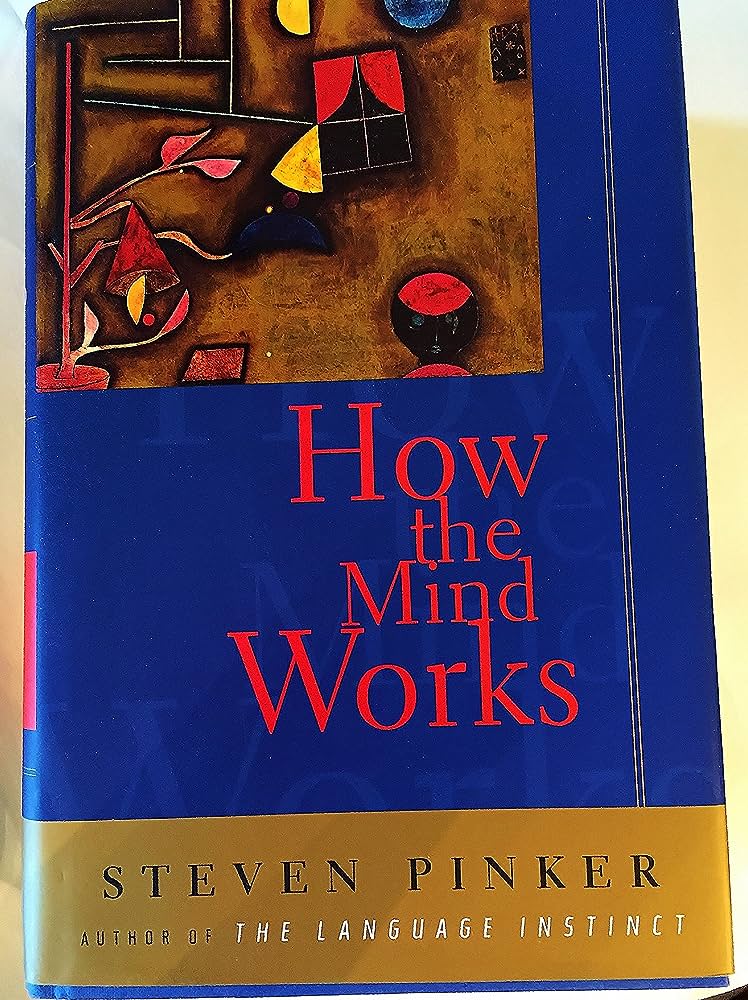
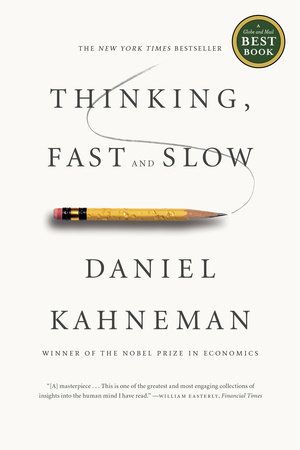
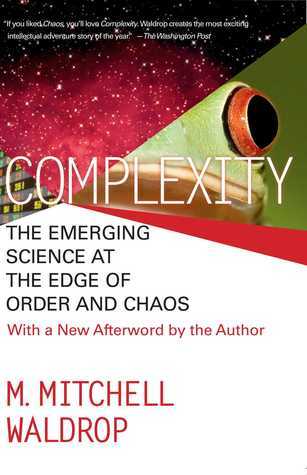
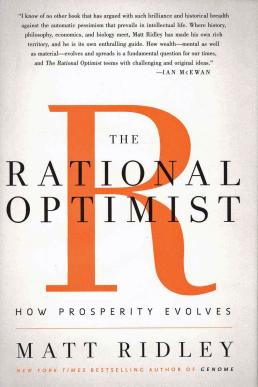
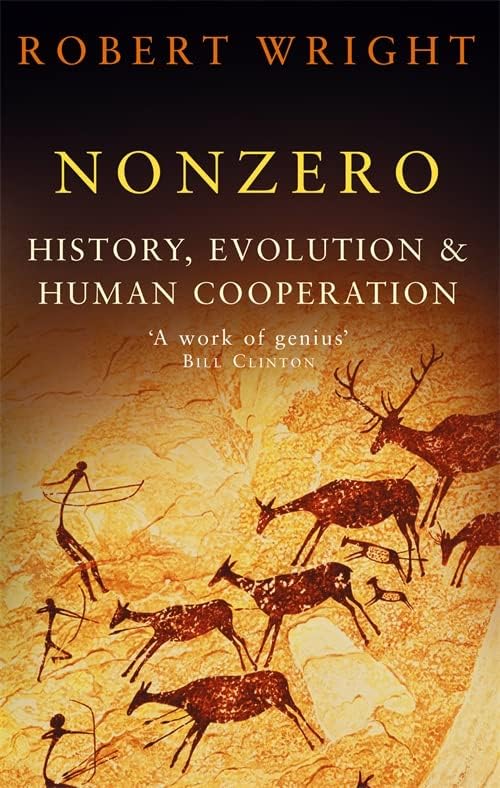
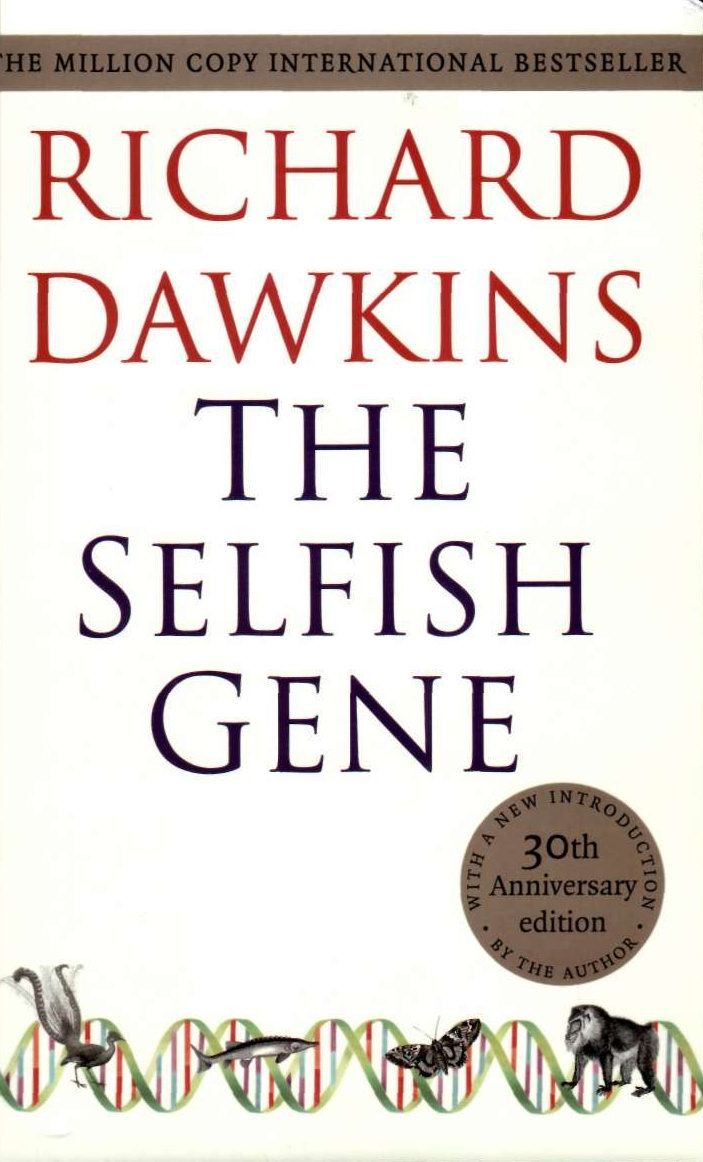
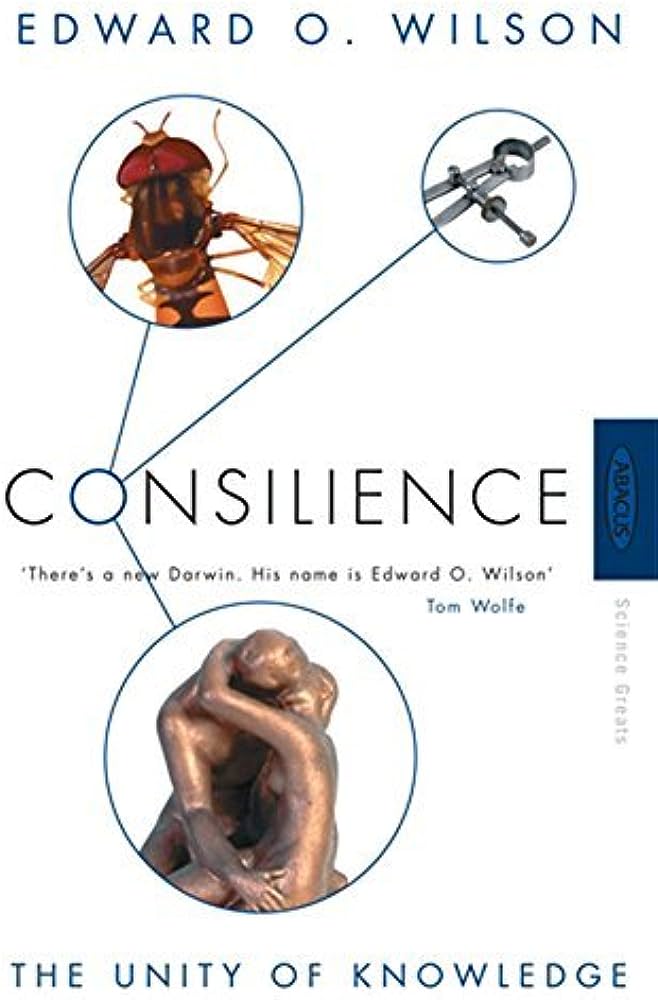
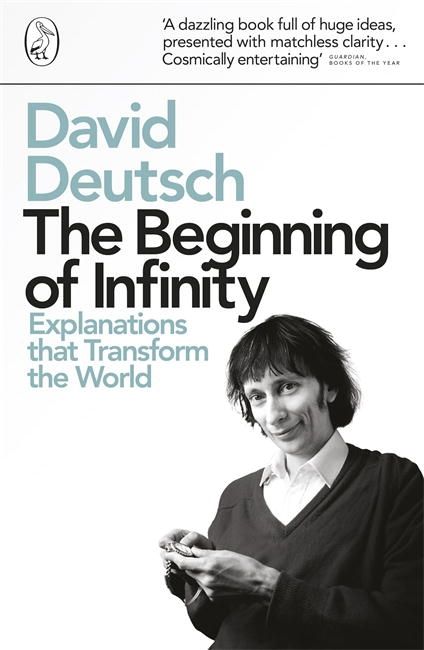

To illustrate, here is Jezz Bezos quoting Richard Dawkins, in his 2020 letter to shareholders.
This is my last annual shareholder letter as the CEO of Amazon, and I have one last thing of utmost importance I feel compelled to teach. I hope all Amazonians take it to heart.
Here is a passage from Richard Dawkins’ (extraordinary) book The Blind Watchmaker. It’s about a basic fact of biology.
“Staving off death is a thing that you have to work at. Left to itself – and that is what it is when it dies – the body tends to revert to a state of equilibrium with its environment......More generally, if living things didn’t work actively to prevent it, they would eventually merge into their surroundings, and cease to exist as autonomous beings. That is what happens when they die.”

Member discussion